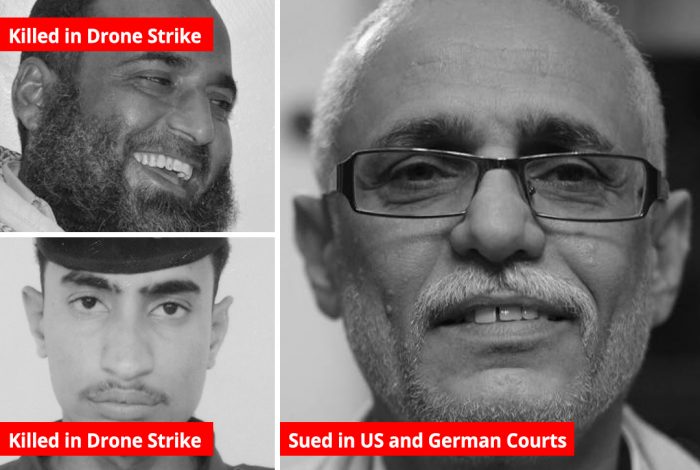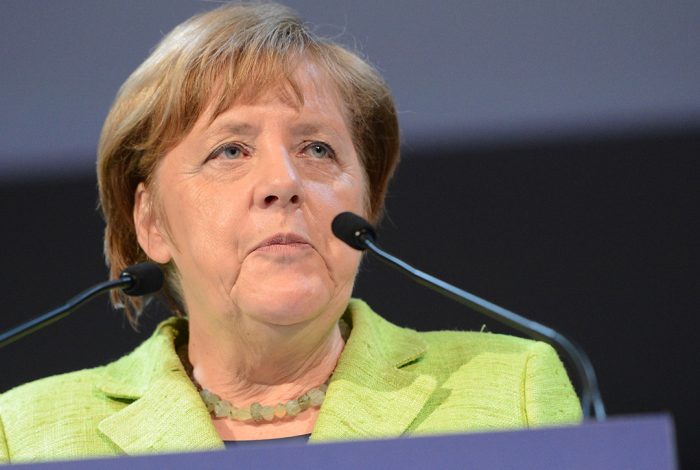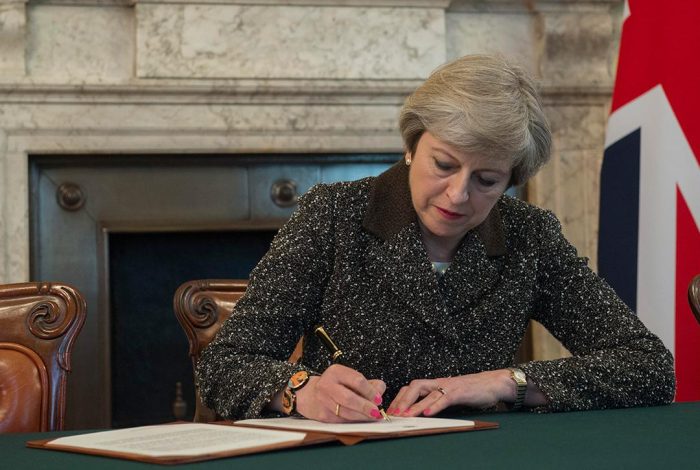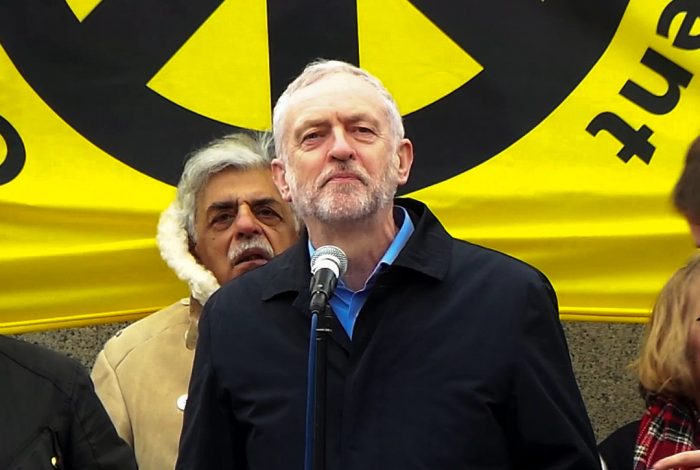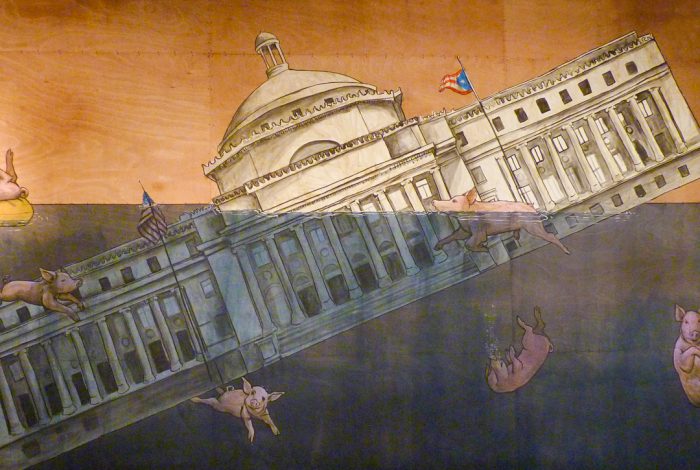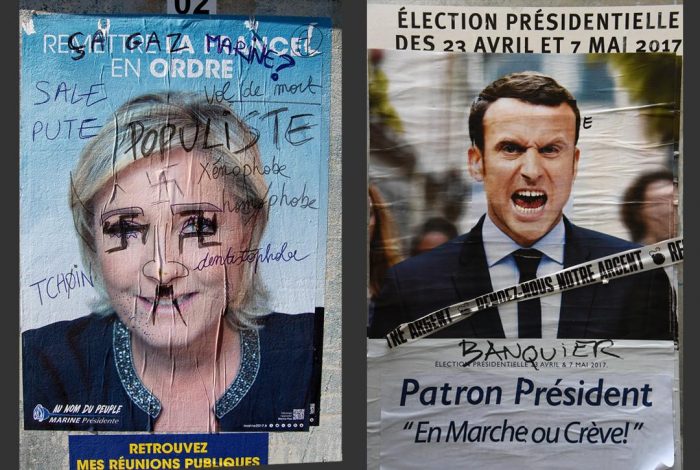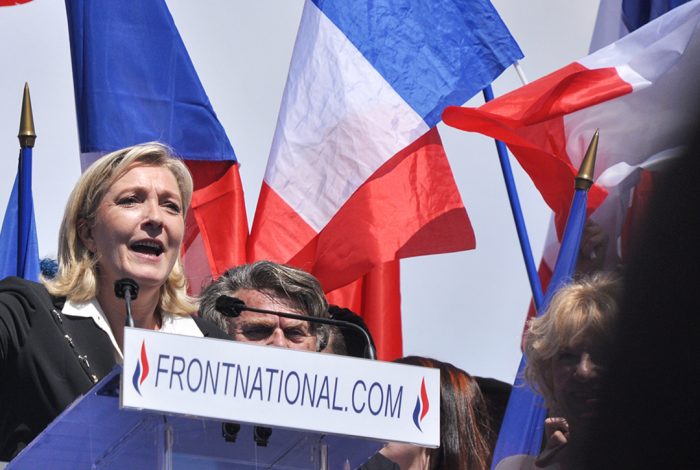Can ordinary citizens use the courts to force their leaders to fight climate change? In the most revolutionary climate ruling to date, the Supreme Court of the Netherlands delivered an emphatic “yes” on December 20, upholding a court order forcing the Dutch government to cut national carbon emissions.
A German court has taken the unprecedented step of ordering its government to ensure US drone strikes comply with international law, citing evidence the US “regularly” kills civilians using an air base located on German soil.
But the most important legal victory to date in the global opposition to America’s targeted-killing program, announced on March 19, has not generated a single article in the US mainstream media.
Why did Democrats buy into a for-profit system that locks up and brutalizes people seeking a new life? The “Remain in Mexico” policy pushes Central Americans back across a dangerous border, limiting access to legal help and a chance at a new life in the United States.
Chancellor Angela Merkel now looks unstoppable in Germany’s national election as she seeks to add another term to her 12 years in power.
The United States has much at stake in the electoral fate of the longest serving and most experienced head of state in the Western world. Polls reveal more Americans have confidence in Merkel than in their own president (56% to 46%); a survey of 37 nations shows people see her, rather than Trump, as the “leader of the free world.”
Sooner or later, the courts will be in the path of Hurricane Harvey. The flood apocalypse could become Exhibit A in the legal argument that the courts have to act to prevent future disasters. Climate scientists do not focus on individual storms but their findings have been clear for decades: climate change will make hurricanes more intense and dramatically increase the chances of “500-year” floods happening in a city like Houston three years in a row.
Harvey has struck at a moment when judges across America are grappling with lawsuits over global warming. Will the courts intervene in a political system that denies climate change and impose cuts in carbon emissions? Will they make the fossil fuel industry liable for coastal flooding? Hurricane Harvey, a landmark event, might pave the way for a landmark decision that a stable climate is a fundamental right.
Could a deal between the UK government and a small party with extremist links jeopardize two decades of peace in Northern Ireland?
After losing its majority in a general election, Prime Minister Theresa May’s Conservative Party can no longer govern without another party. A partnership with Northern Ireland’s Democratic Unionist Party (DUP), which has just 10 members in the UK parliament, would allow May to cling to power.
Former Prime Minister John Major, whose government laid the foundations for the 1998 Good Friday Agreement in Northern Ireland, is urging May to drop her deal with the Unionist Party, calling it a threat to a still “fragile” peace process.
Shock polls show a massive surge in support for Labour leader Jeremy Corbyn in an election campaign interrupted by two terrorist attacks.
The UK’s elections will go ahead on June 8 despite a terrorist rampage in the heart of London on Saturday night. The attack followed upon a May 22 suicide bombing at a Manchester concert that killed 22 people.
Even if most UK polls still project a Conservative victory, they do so by a shrinking margin. One poll even suggests there could be a “hung parliament” — an outcome in which no party has a majority, giving Corbyn a chance at becoming prime minister of a coalition government.
The people of Puerto Rico have no say at the moment in the future of their debt-ridden island. The price of surviving bankruptcy has been a surrender of sovereignty to a federal oversight board that will control every law and every budget for years to come. That’s the story behind headlines heralding an “escape from disaster” and “second chance.”
The far right in France has never been closer to power than now, leading into this Sunday’s elections.
With the very existence of the European Union in question, the stakes could not be higher. Can Marine Le Pen, the “French Donald Trump,” win?
French polls say the answer is no.
A terror attack in Paris has hit France like a seismic shock only three days before voting begins in a presidential election where anything seems possible, even the end of the European Union.
A gunman shot three policemen on Champs-Elysées Thursday evening, killing one and wounding two, before being shot dead. The government says the attack was “of a terrorist nature.” The shooting took place as the candidates were just going on the air to make their final televised appeal to voters.
Far-right populist Marine Le Pen and neophyte centrist Emmanuel Macron are slight favorites in the April 23 first-round vote to ultimately elect a French president. Meanwhile, the world is nervously awaiting a possible “Frexit” — French withdrawal from the EU — after the UK’s “Leave” vote on Brexit and Donald Trump’s election in the United States.

